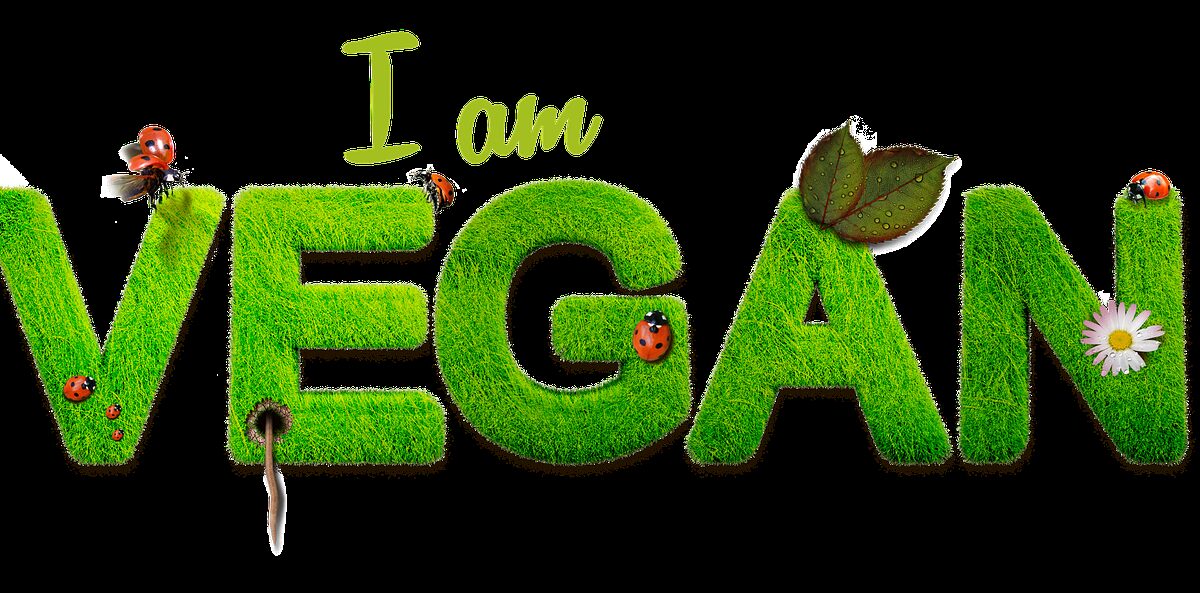Is vitamin D in breakfast cereals vegan?
What is vitamin D?
Vitamin D is a fat-soluble vitamin that plays a crucial role in maintaining healthy bones and teeth. It also supports the immune system and helps regulate cell growth and division. Our bodies can produce vitamin D when exposed to sunlight, but it can also be obtained through certain foods and supplements.
The vegan diet and vitamin D
Vegans follow a plant-based diet that excludes all animal products, including meat, dairy, eggs, and honey. While it is possible to obtain most nutrients from a well-planned vegan diet, vitamin D can be a challenge. This is because very few plant-based foods naturally contain vitamin D.
Sources of vitamin D
There are two main forms of vitamin D: vitamin D2 (ergocalciferol) and vitamin D3 (cholecalciferol). Vitamin D2 is derived from plant sources, while vitamin D3 is primarily obtained from animal sources. Here are some common sources of vitamin D:
- Sunlight: The most natural and efficient way for our bodies to produce vitamin D is through exposure to sunlight. However, this can be challenging for individuals living in regions with limited sunlight or those who spend most of their time indoors.
- Fatty fish: Fish such as salmon, mackerel, and sardines are excellent sources of vitamin D3.
- Egg yolks: Egg yolks contain small amounts of vitamin D3.
- Fortified foods: Some foods, including breakfast cereals, are fortified with vitamin D to help individuals meet their daily requirements.
- Vitamin D supplements: Supplements are available in both vitamin D2 and vitamin D3 forms.
Vitamin D in breakfast cereals
Breakfast cereals are a popular choice for many people, including vegans, as they are convenient and often fortified with essential nutrients. However, the vitamin D used in fortification can come from either plant or animal sources.
Vitamin D2 vs. vitamin D3 in breakfast cereals
When it comes to vitamin D in breakfast cereals, it is essential to determine whether the vitamin D used is vegan-friendly. Most commonly, breakfast cereals are fortified with vitamin D2, which is derived from plant sources such as mushrooms. This makes them suitable for vegans.
However, some breakfast cereals may contain vitamin D3, which is derived from animal sources. Vitamin D3 is typically obtained from lanolin, a substance found in sheep’s wool. While it is possible to extract vitamin D3 from plant sources, the majority of commercially available vitamin D3 is derived from animal products.
Reading the labels
When purchasing breakfast cereals, it is crucial to read the labels carefully to determine the source of vitamin D. Look for specific information about the type of vitamin D used in fortification. If the label states “vitamin D2” or “vegan-friendly,” it is safe to assume that the vitamin D in the cereal is suitable for vegans.
Alternatives for vitamin D
If you follow a vegan diet and are concerned about obtaining enough vitamin D, there are alternative sources you can consider:
- Plant-based milk: Many plant-based milk alternatives, such as soy milk and almond milk, are fortified with vitamin D2.
- Mushrooms: Some mushrooms, such as shiitake and maitake, naturally contain vitamin D2. Exposing mushrooms to sunlight can increase their vitamin D content.
- Vitamin D supplements: If you are unable to obtain sufficient vitamin D from food sources, supplements can be an effective way to meet your daily requirements. Look for vegan-friendly vitamin D supplements labeled as vitamin D2.
In conclusion
While not all breakfast cereals are vegan-friendly, many are fortified with vitamin D2, making them suitable for individuals following a vegan diet. It is essential to read the labels and look for specific information about the type of vitamin D used in fortification. Additionally, incorporating other plant-based sources of vitamin D and considering supplements can help vegans meet their daily requirements.
